Hollywood actress Angelina Jolie accuses world leaders of being involved in the crimes happening in Gaza
Angelina Jolie Accuses World Leaders of Complicity in Gaza’s Crisis: A Call for Accountability
In a powerful statement that has stirred both admiration and controversy, Hollywood actress and humanitarian Angelina Jolie has accused world leaders of being complicit in the ongoing crimes and human suffering in Gaza. Known for her advocacy on global issues and her role as a UNHCR Goodwill Ambassador, Jolie’s comments have sparked an important conversation about the role of international leaders in conflicts around the world. Her statements bring attention to the ongoing humanitarian crisis in Gaza and challenge the global community to take responsibility for the suffering faced by innocent civilians.
The Context: Gaza’s Ongoing Struggle
Gaza, a small strip of land along the Mediterranean coast, has been the epicenter of one of the most enduring and painful conflicts in the world. The region has faced decades of violence, with both Israelis and Palestinians suffering tremendous losses. The most recent flare-up of violence has seen the deaths of thousands of civilians, the displacement of families, and the destruction of critical infrastructure.
The situation in Gaza is dire, with limited access to basic necessities such as food, water, and medical supplies. The civilian population continues to bear the brunt of the conflict, with hospitals overwhelmed and aid efforts hampered by political and logistical obstacles. For years, the international community has called for a peaceful resolution, but little progress has been made, and the cycle of violence continues.
Angelina Jolie’s Powerful Statement
Angelina Jolie’s comments about Gaza are not just limited to her concerns about the violence itself, but also about the broader role that world leaders and international organizations play in either enabling or failing to prevent such atrocities. In a recent public statement, Jolie accused these leaders of turning a blind eye to the ongoing crimes and human rights violations happening in Gaza. She stated that the “silence and inaction” of powerful nations and international institutions only exacerbates the suffering of the people caught in the crossfire.
Jolie, who has been outspoken on human rights issues and has visited war-torn areas around the world, emphasized the need for greater accountability among world leaders. According to her, the international community’s failure to intervene or even speak out against the atrocities occurring in Gaza suggests a tacit approval of the violence. Her criticism extends not only to governments but also to global organizations that, in her view, have not done enough to hold perpetrators accountable.
A Call for Accountability and Action
Jolie’s remarks come at a time when the international community has faced growing pressure to take a more active role in addressing the humanitarian crisis in Gaza. The United Nations, as well as numerous human rights organizations, have condemned the violence, but critics argue that words alone are not enough. Jolie’s call for action is a reminder that mere condemnation of violence is insufficient in a world that increasingly demands tangible results.
Jolie’s position is clear: the silence of world leaders and their failure to take meaningful steps to prevent further suffering in Gaza is a betrayal of the principles of human rights and international law. Her comments underscore the need for an overhaul in how the international community approaches conflicts like the one in Gaza, where powerful political interests often overshadow the plight of civilians.
The Role of Hollywood in Social Advocacy
Angelina Jolie’s statement also serves as a reflection of the increasing role that celebrities and public figures play in addressing global issues. As a prominent figure in Hollywood, Jolie has used her platform to advocate for causes ranging from refugees’ rights to women’s empowerment. While some may argue that celebrities should stick to their craft and avoid political involvement, others believe that public figures like Jolie can bring much-needed attention to important issues that might otherwise be ignored.
In many ways, Jolie’s advocacy is part of a larger trend where Hollywood stars and influencers use their influence to raise awareness about global crises. Whether it is through social media campaigns, interviews, or public speeches, celebrities have become powerful voices in the fight for justice. For Jolie, her status as a humanitarian and a well-known figure gives her the ability to influence public opinion and pressure leaders to act.
Criticisms and Reactions
As with any public figure taking a bold stance, Jolie’s comments have not been without controversy. Some have applauded her for speaking out and using her platform for such an important cause. Others, however, have criticized her for oversimplifying a complex and deeply rooted geopolitical issue. They argue that the situation in Gaza involves multiple factors, including historical, religious, and political elements, and that blaming world leaders alone may not be the most effective way to address the problem.
Jolie’s stance also raises important questions about the role of the media and public figures in shaping public discourse on international conflicts. While her comments have brought much-needed attention to the crisis in Gaza, they also highlight the dangers of reducing a multifaceted conflict to a single narrative. Nevertheless, her call for accountability and action resonates with many who feel that the international community’s response to Gaza has been insufficient.
The Path Forward: What Needs to Change?
Jolie’s remarks are a clarion call for change in the way the world handles international conflicts. In order to prevent future atrocities, world leaders must go beyond diplomatic statements and take concrete steps to address the underlying causes of conflict. This includes holding accountable those responsible for violations of international law, ensuring that humanitarian aid reaches those in need, and working towards long-term solutions that promote peace and security.
For Gaza, this means not only halting the violence but also addressing the underlying political issues that fuel the conflict. A lasting peace in the region will require cooperation from all parties involved, as well as a commitment from the international community to support sustainable solutions.
Conclusion: A World in Crisis
Angelina Jolie’s accusation that world leaders are complicit in the crimes happening in Gaza serves as a powerful reminder of the international community’s responsibility to protect civilians in conflict zones. As a global icon and advocate for human rights, Jolie’s words carry weight and challenge us to reflect on the role of governments, international organizations, and even individuals in addressing the world’s most pressing crises. While her comments may be controversial, they serve as an urgent call for greater accountability, transparency, and action in the face of human suffering.
The situation in Gaza is not just a political issue—it is a humanitarian crisis that demands global attention and action. As the world looks to the future, we must ask ourselves: what kind of world do we want to live in, and how can we ensure that the lives of innocent people are not treated as mere collateral damage in the pursuit of power and influence?
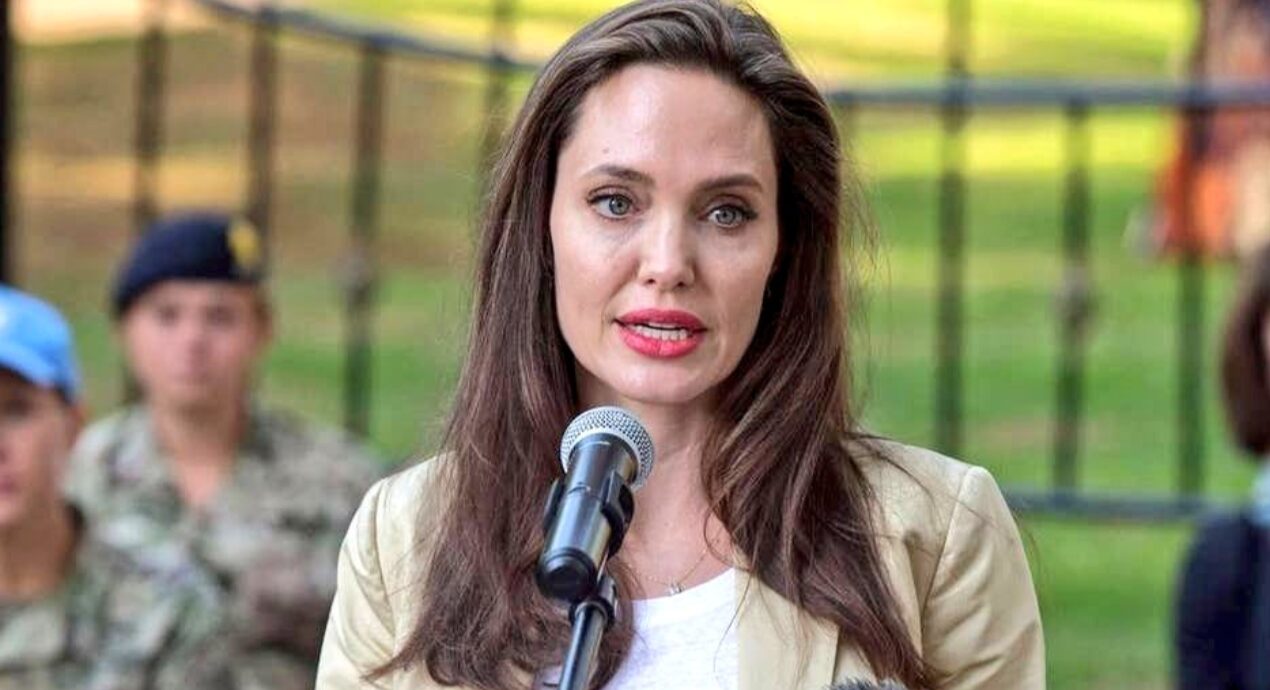
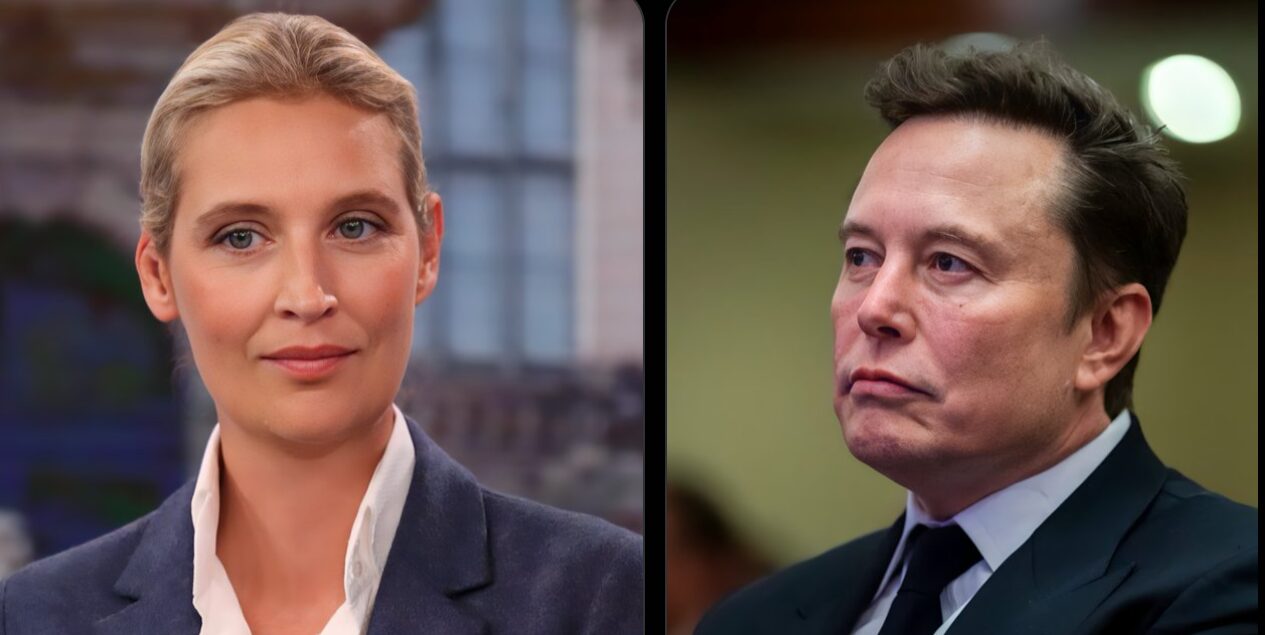




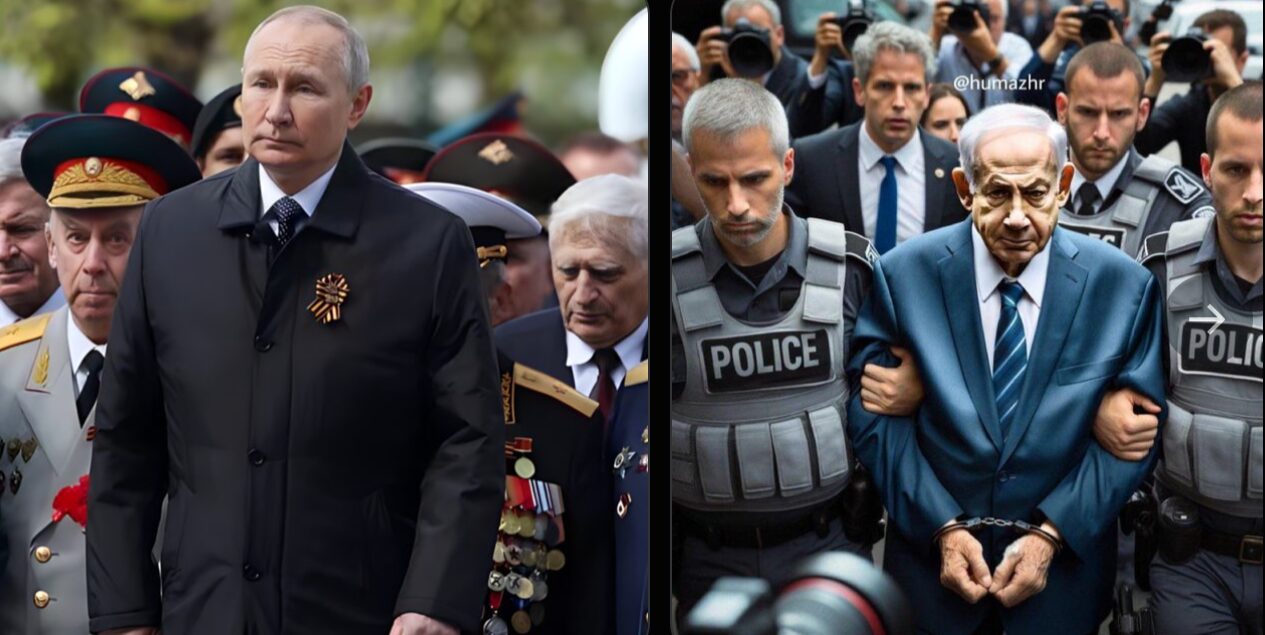
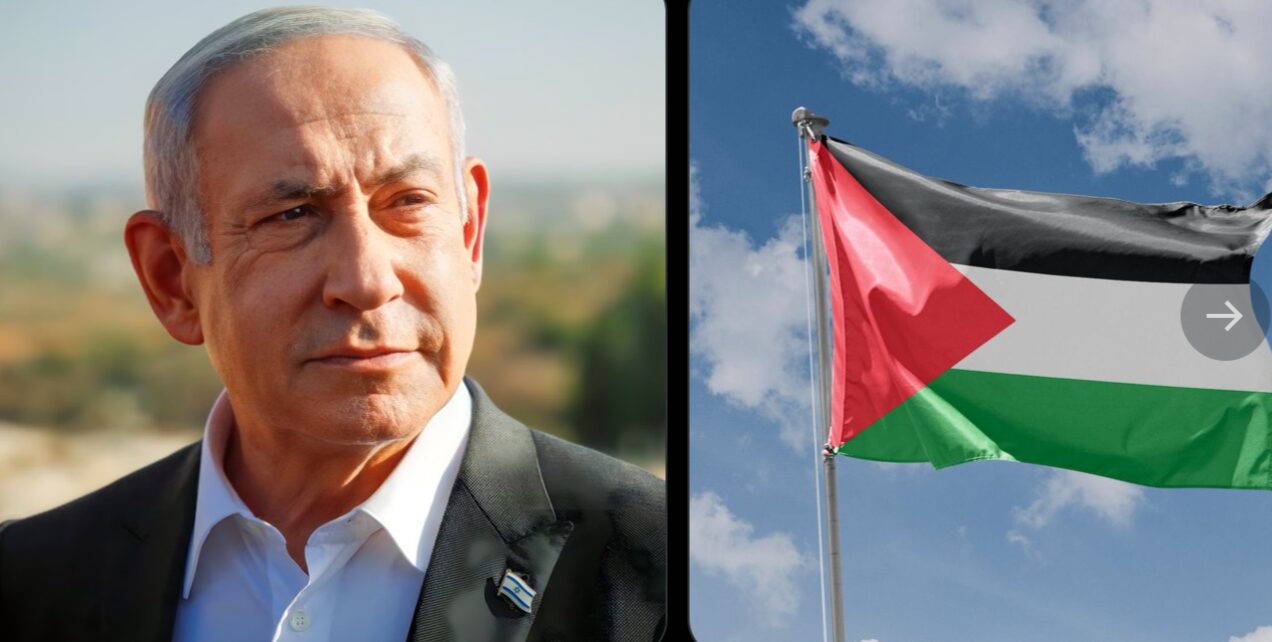

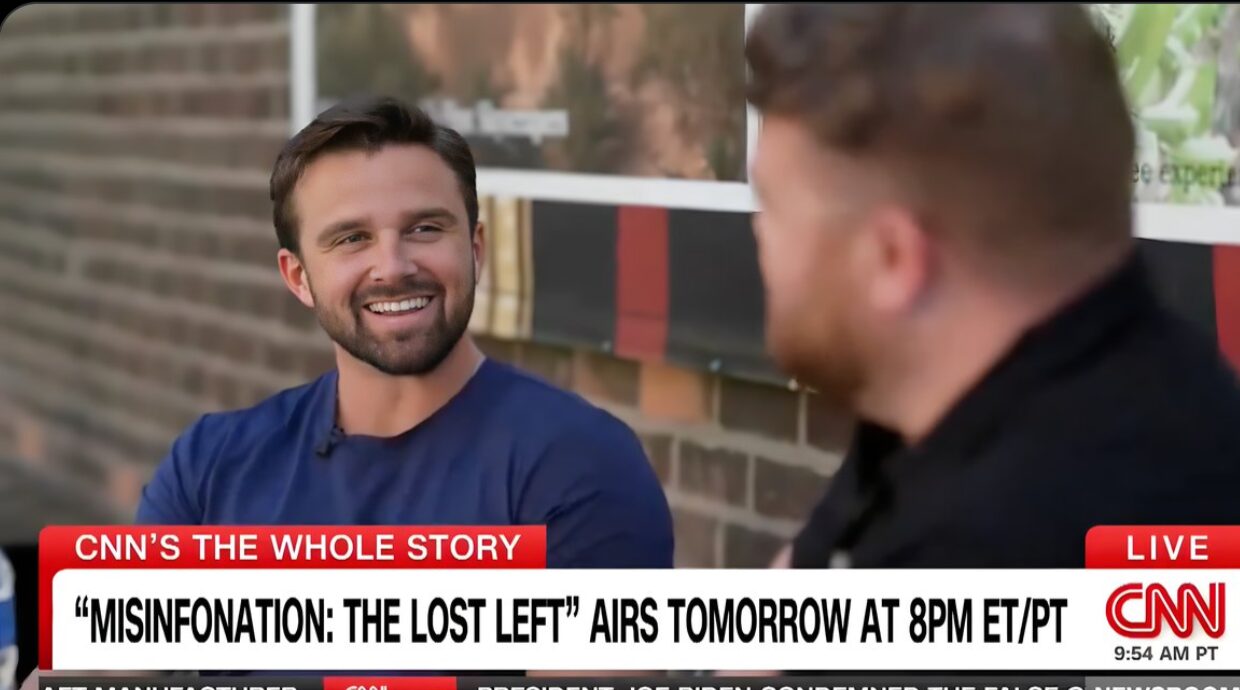
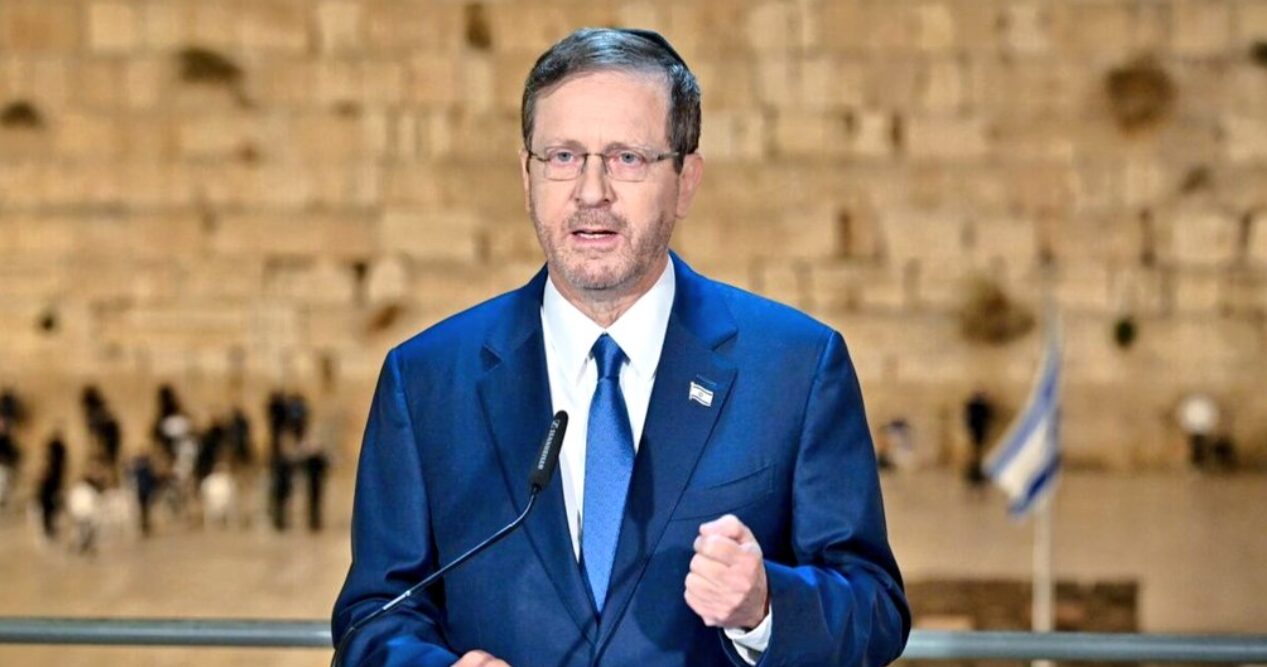
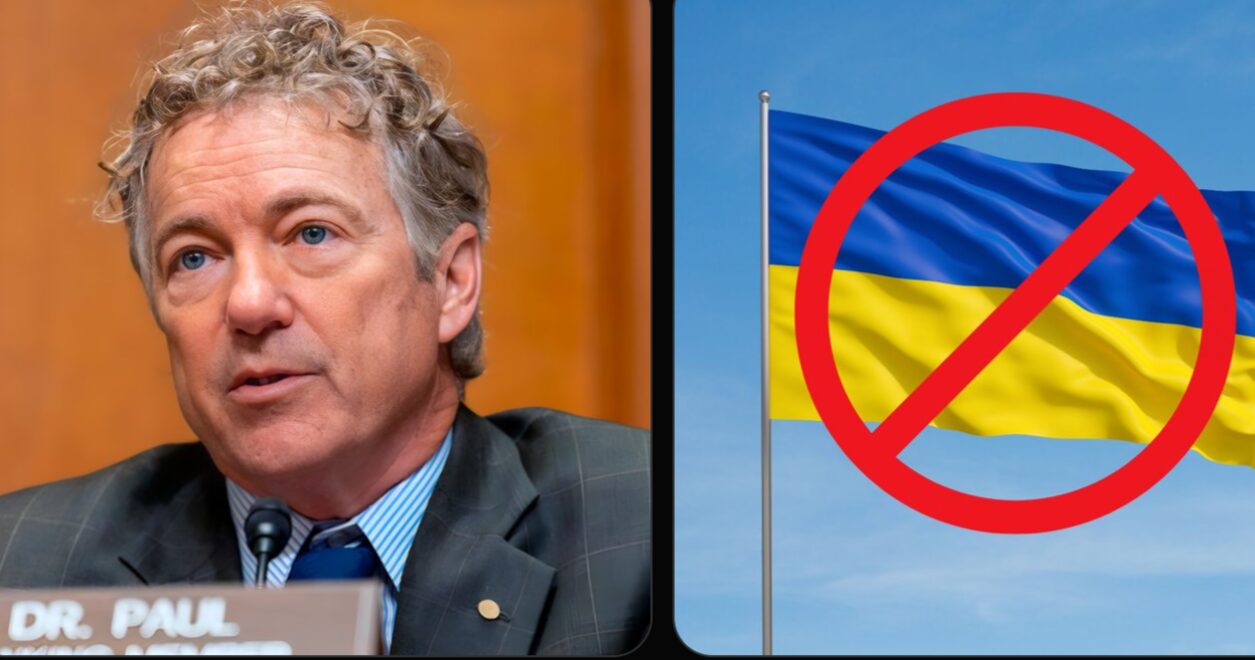





Post Comment